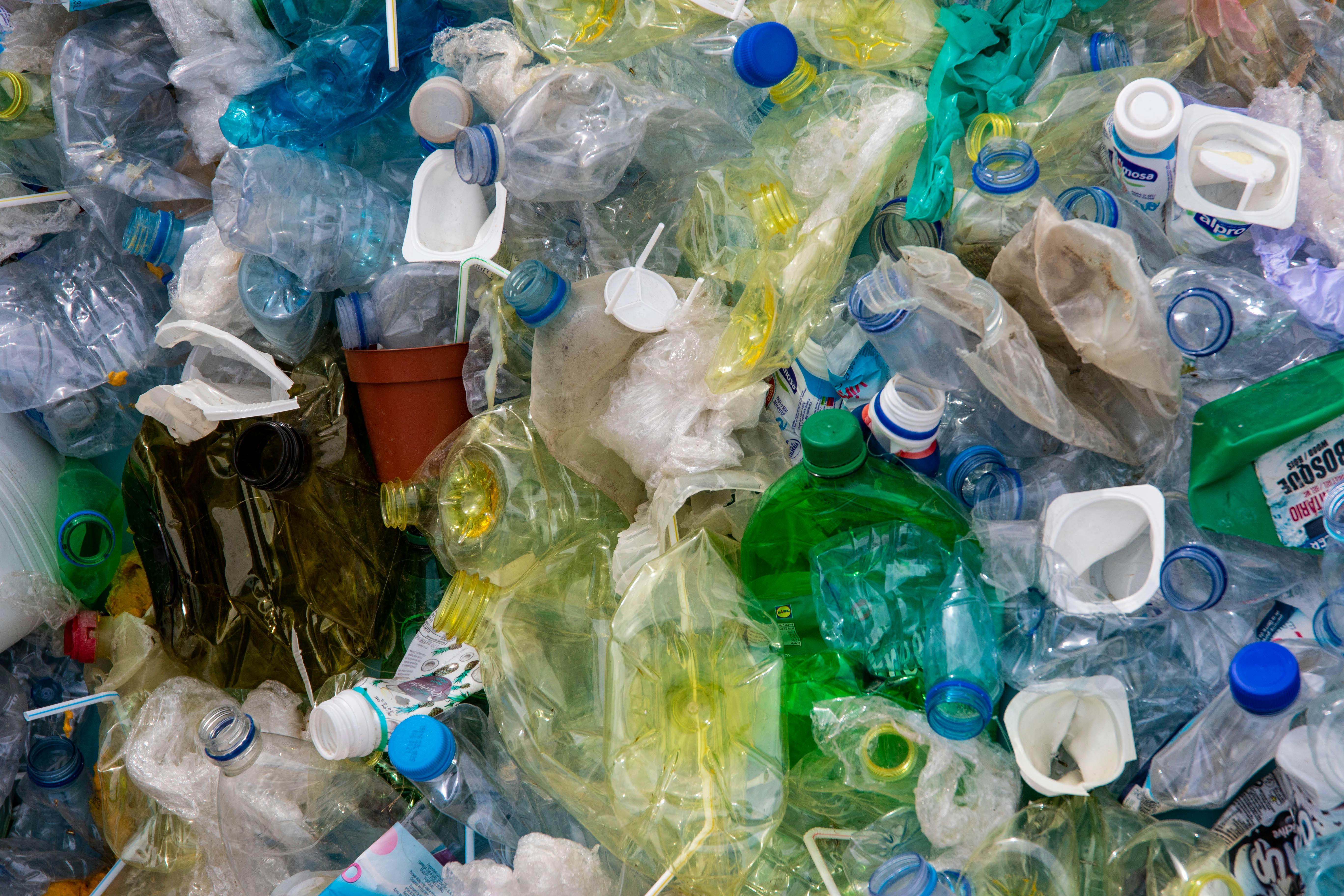
Next week, world leaders, activists, experts, and industry will gather in Ottawa, Canada, for the fourth Intergovernmental Negotiating Committee (INC-4) to develop an international legally binding treaty on plastic pollution. Surfrider has been actively engaged in the process, calling on the United States to commit to a strong treaty that addresses the entire life cycle of plastic.
However, many countries, including the United States, have advocated for lukewarm national action plans and continue focusing only on recycling and managing plastic pollution downstream. Industry wants consumers to believe that waste management is the problem and that recycling is the magical answer to this plastic pollution crisis; however, to really solve the plastic pollution crisis, we must significantly reduce the production of plastics at the source.
Plastic Recycling is a Facade
Only about 5% of U.S. plastic waste gets recycled, and only 10% of the plastic ever made has been recycled. Industry claims that the U.S. recycles over 6 billion pounds of plastic every year, but in 2020 alone, the U.S. produced approximately 116 billion pounds of plastic. So what happened to the other 110 billion pounds? While it’s impossible to know for sure, this remaining plastic was most likely sent to a landfill, exported to other countries to dispose of, incinerated, or ended up in the environment as litter.
It’s assumed that recycling starts by throwing all of our used plastic items, such as coffee cups, takeout containers, packaging, bags, bottles, and more, into the blue or green bin and ends with a brand-new usable product made with recycled plastic. If only it were that simple! Despite the fact that these plastic products have a recycling symbol printed on them, most plastic products can’t be recycled because of their different compositions, thickness, and colors. What can and can’t be recycled in your recycling bin is based on where you live, adding to the confusion. Some areas don’t have access to recycling at all.
Evidence reveals that recycling plastic has never worked, and yet, the plastic and fossil fuel industry and their lobbyists are working overtime to make us believe in it. This is just a ploy to justify the continued production of plastic.
Real Solutions to Addressing Plastic Pollution
What we need are real solutions that address plastic pollution at the source. Surfrider Foundation advocates for real solutions, including bans on single-use plastics, systematic changes geared towards refill/reuse systems, and comprehensive policies that holistically address plastic pollution.
That’s why we’re working hard to negotiate a strong global plastics treaty with plastic production limits. Learn more about this monumental treaty and add your voice urging the Biden administration to take a stronger stance against plastic pollution!
